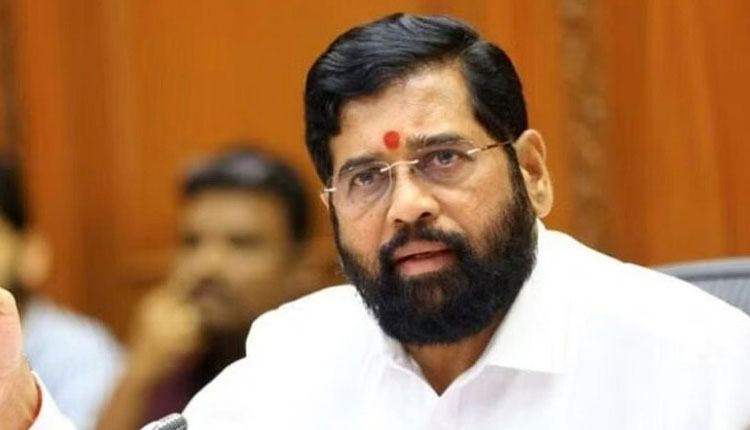Mumbai: In a significant development, Maharashtra Chief Minister Eknath Shinde has declared the government’s intent to address the long-standing issue of the Maratha reservation through a special session of the state assembly. Scheduled for February 2024, this session aims to provide a forum for comprehensive discussion and potential legislative action on the matter.
CM Shinde highlighted a ray of hope stemming from a curative petition, expressing optimism that the Maratha community’s inclusion in the backward class category could be substantiated. To bolster this endeavour, the State Backward Class Commission is actively working to gather evidence supporting the community’s backward status. The commission is expected to submit its report within a month, paving the way for meaningful deliberations during the special session.
Furthermore, CM Shinde emphasised the government’s commitment to ensuring equality and justice for all communities. He assured that the reservation process for the Maratha community would not lead to discrimination against any other marginalised group. This statement signifies the government’s recognition of the delicate balance required in addressing the needs of various communities within the state.
Reacting to the announcement, Congress leader Ashok Chavan voiced scepticism, asserting that CM Shinde’s statements lacked novelty and merely reiterated previous promises. Congress leader Prithviraj Chavan expressed doubts about the feasibility of enacting a new law by February, suggesting a potential delay in the decision-making process.
Meanwhile, Shiv Sena leader Sunil Prabhu accused the Shinde government of attempting to deceive various communities, including OBCs, Marathas, and Manoj Jarange, who have been seeking reservation benefits.
The issue of Maratha reservation has garnered significant attention and debate within Maharashtra, with various groups advocating for the community’s inclusion in the reserved category. The upcoming special session in February 2024 represents a crucial opportunity for the state government to address this matter comprehensively, potentially leading to a resolution that upholds both justice and equality for all.



Comments are closed.